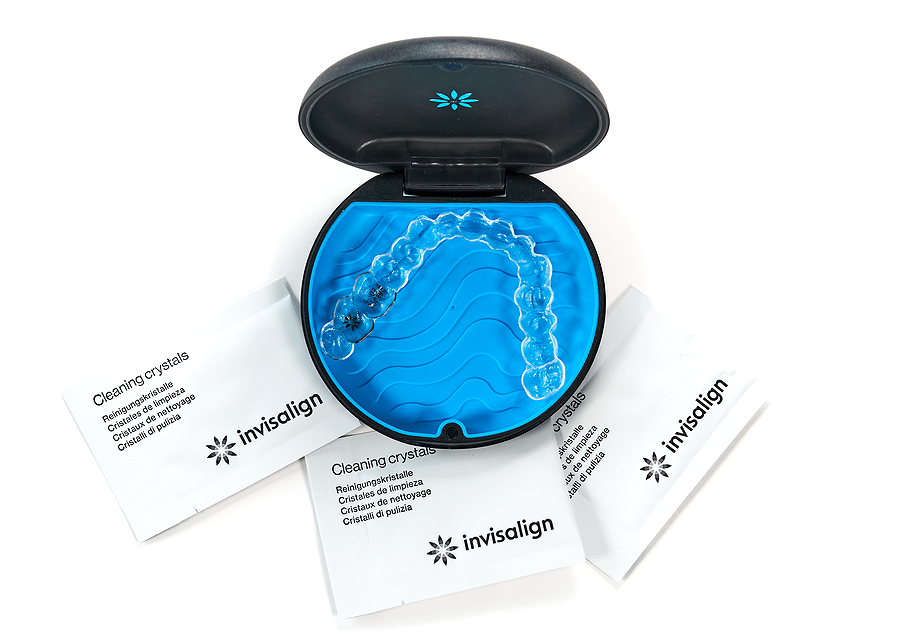EMAIL OR CALL: (212) 979-0990
Dental implants are advanced dental prosthetics that replace missing teeth, providing a permanent and natural-looking solution. They consist of three main components: a titanium implant post surgically inserted into the jawbone, an abutment that connects the implant post to the replacement tooth, and a dental crown that serves as the visible tooth. The titanium post fuses with the jawbone through osseointegration, creating a stable and durable foundation for the artificial tooth. This integration ensures a secure fit and helps preserve the jawbone structure, preventing bone loss that typically follows tooth loss. Dental implants are highly versatile, replacing single teeth and multiple teeth or supporting complete dentures. Their longevity, natural appearance, and functionality make them a preferred choice for many seeking to restore their smile and oral health.
The Dental Implant Procedure
The dental implant is a multi-step process designed to provide a permanent and natural-looking solution for missing teeth. It typically begins with an initial consultation and comprehensive evaluation. During this phase, our dentist in New York, NY, will assess your oral health, take detailed images such as X-rays or 3D scans, and determine whether you have sufficient bone density to support an implant. If bone loss is detected, a bone graft might be recommended to ensure a stable foundation for the implant.
Once the preparatory work is complete, the implant procedure's first stage involves the implant post's surgical placement. Usually made of titanium, this post is inserted into the jawbone under local anesthesia or sedation to minimize discomfort. The titanium post acts as an artificial tooth root, providing a secure anchor for the replacement tooth. After the implant is placed, a healing period of several months is required to allow the bone to fuse with the implant through osseointegration. This crucial phase ensures the stability and durability of the implant.
Following successful osseointegration, the next step is the placement of the abutment. The abutment is a connector piece that attaches to the implant post and protrudes above the gum line, serving as the attachment point for the crown. This minor surgical procedure typically requires local anesthesia. Once the gums have healed around the abutment, which usually takes a few weeks, a custom-made crown is crafted to match your natural teeth' shape, size, and color. The crown is then securely attached to the abutment, completing the restoration process.
The final result is a fully functional and aesthetically pleasing replacement tooth that blends seamlessly with your natural teeth. The entire dental implant procedure, from initial consultation to final crown placement, can take several months, depending on individual healing times and any additional treatments required. Throughout the process, maintaining good oral hygiene and attending regular check-ups are essential to ensure the longevity and success of the implant. Dental implants restore the appearance of your smile and enhance oral health by preventing bone loss and supporting adjacent teeth. Contact us today to learn more.
How Dental Implants Can Improve Your Oral Health
Prevention of Bone Loss
When a tooth is lost, the jawbone in that area begins to deteriorate due to lack of stimulation. Dental implants in New York, NY, act like natural tooth roots, providing the necessary stimulation to the jawbone, thus preventing bone resorption and maintaining facial structure.
Stabilization of Adjacent Teeth
Gaps from missing teeth can cause neighboring teeth to shift, leading to misalignment. Implants fill these gaps, ensuring that adjacent teeth remain in their proper positions, which helps maintain a balanced bite and prevents further dental issues.
Improved Chewing and Digestion
Missing teeth can make chewing difficult, leading to inadequate digestion and nutritional deficiencies. Dental implants restore full chewing power, allowing you to eat various foods comfortably and efficiently, promoting better digestion and overall health.
Prevention of Gum Disease
Gaps left by missing teeth can become traps for food particles and bacteria, increasing the risk of gum disease. Implants close these gaps, making it easier to maintain oral hygiene and reducing the risk of periodontal infections.
Preservation of Natural Tooth Structure
Unlike traditional bridges, which require the reduction of adjacent healthy teeth, dental implants do not affect surrounding teeth. This preservation of natural tooth structure contributes to long-term oral health.
Long-Term Durability and Functionality
Dental implants are designed to be a long-lasting solution. Proper care can last a lifetime, providing consistent functionality and reducing the need for frequent dental work, which can be disruptive and costly.
Reduced Risk of Further Tooth Loss
Dental implants help distribute bite forces evenly by maintaining the integrity of the jawbone and providing a stable structure. This reduces the stress on remaining natural teeth, decreasing the likelihood of future tooth loss.
Enhanced Quality of Life
A healthy, functional mouth contributes to overall well-being. Dental implants help restore confidence in your smile, improve comfort, and allow you to engage in daily activities without the limitations that missing teeth can impose.
How to Care for Your Dental Implants
- Use a soft-bristled toothbrush to gently brush your dental implants, just as you would with your natural teeth.
- Floss around your dental implants to remove plaque and food particles. Special implant floss or water flossers can be particularly effective.
- Smoking can hinder the healing process and increase the risk of implant failure. If you smoke, consider quitting to protect your implants.
- Visit our dentist regularly for professional cleanings and check-ups to ensure your implants and gums remain healthy.
- Do not use your teeth as tools to open packages or bite down on non-food items, as this can damage your implants.
- Keep chronic conditions like diabetes under control, as they can affect your oral health and the success of your implants.
- If you grind your teeth or play contact sports, wearing a mouthguard can protect your implants from damage.
Dental implants might be the perfect choice for you if you're missing teeth and looking for a long-lasting solution that offers both functionality and natural beauty. Visit L.E.S. Dental Group at 62 Rivington Street, New York, NY 10002, or call (212) 979-0990 to schedule your consultation and discover how dental implants can transform your smile and improve your oral health.
More Blog Posts
Location
62 Rivington Street,
New York, NY 10002
Office Hours
MON - FRI10:00 am - 6:00 pm
SAT9:00 am - 4:00 pm
SUNClosed






